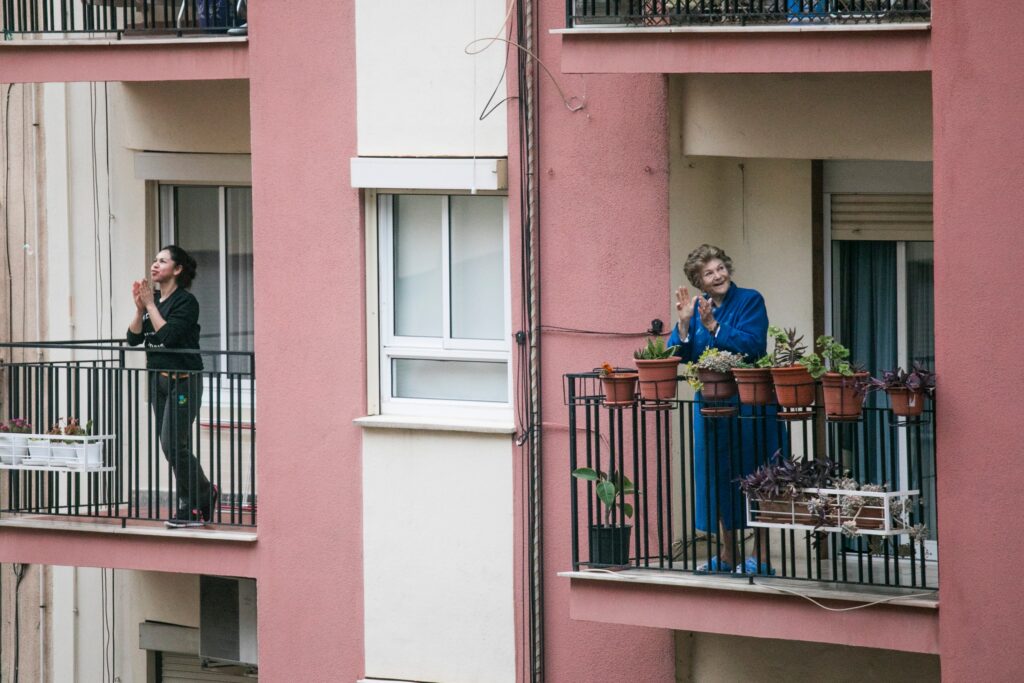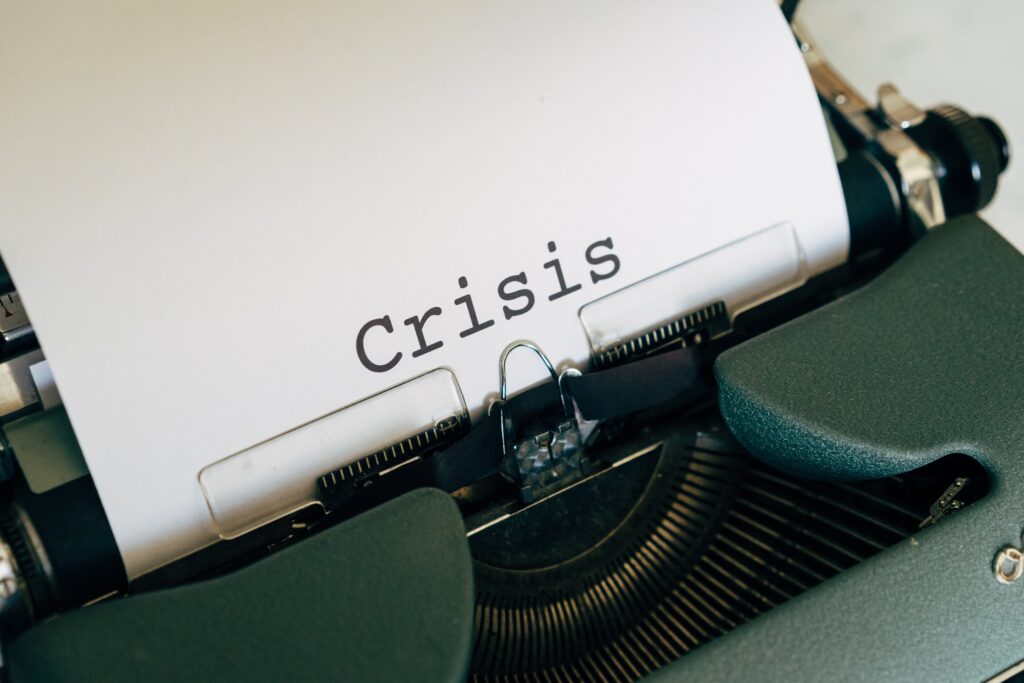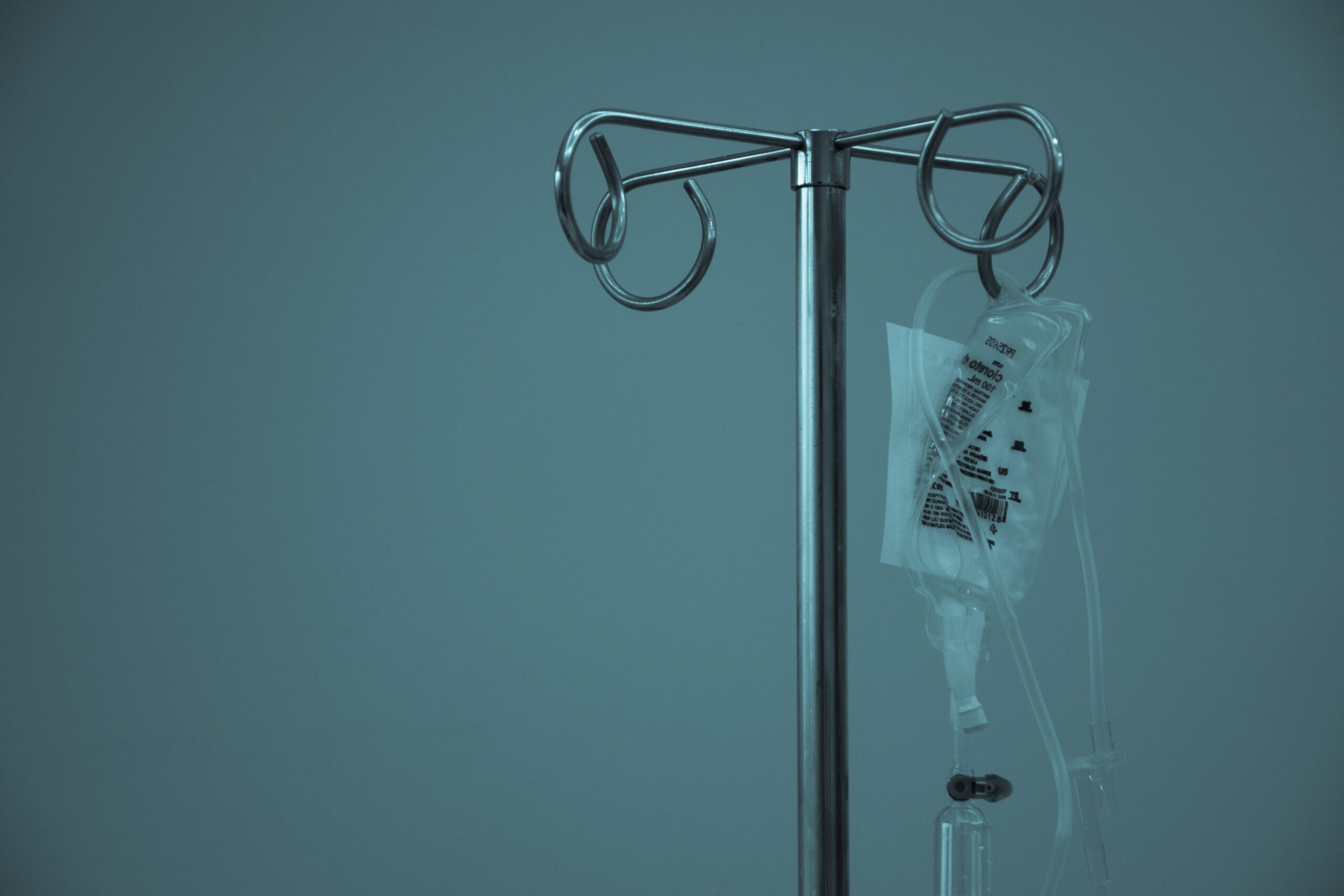
Life after lockdown: is a kinder, more caring world possible?
Brian Clarke argues that as we look forward to the end of the pandemic, we need to rethink our fundamental values. This article won third place in our Adamah Media Young Writers’ Competition.
What we call the beginning is often the end.
And to make an end is to make a beginning.
The end is where we start from.
These words from T. S. Eliot’s poem Little Gidding spring to mind as the rollout of an effective vaccine against Covid-19 begins in my country and the end of the pandemic comes into view, even if only at a distance.
Whilst it might be some time before the pandemic is truly over, one can only wonder what the world will be like when this storm finally subsides. In many ways life after lockdown will not be the same. Too many lives, livelihoods and opportunities have been lost. But being deprived of seeing the people and doing the things we love brings into sharp focus the things we as individuals and as a society value most.
Covid-19 not only tests our spirit, but confronts us with fundamental questions as to what our values are.
Collectively we have all made sacrifices, the public health protection we have gained serving as a return for our compliance with the restrictions imposed. In the public spiritedness of thinking of others before ourselves, many have engaged in bouts of active charity. Indeed, one could not but be moved by the altruism and extraordinary kindness displayed by members of the public towards each other in the world’s Spring lockdown. The solidarity and unity of purpose shown in aiming to halt the spread of Covid-19 has done much to deepen community ties.

So how do we reconcile our appreciation of the extraordinary heroism and dedication of our public service health care workers with their low wages and sometimes perilous working conditions? How do we move towards an economy that values the wellbeing of its workers more than the primacy of profit?
The pandemic offers the opportunity for us to rethink how things functioned before this global public health crisis.
The pandemic has not only exposed the deep inequalities in our society, but it has exacerbated them and, without adequate intervention, will continue to do so.
When we talk of crises, we must not forget that there remains a number of ongoing crises: a refugee crisis, a housing crisis, a homelessness crisis, a child poverty crisis, a social care crisis, a legal aid crisis and a climate crisis, to list but a few from a sad litany. From this torrid year I hope decision makers will draw a renewed appreciation of the preciousness of life and inform their policy decisions with greater compassion and understanding of the needs of the most vulnerable.
Few could have predicted how this year was to turn out, pandemic preparedness was not where it needed to be. But when one looks at the overwhelming body of scientific evidence that points to the imminent threat of climate change, no one can say we weren’t warned.
This year offers us important lessons. It reveals to us our reliance on each other and demonstrates that when acting together, so much can be achieved. Indeed, it offers some measure of hope about what we could achieve if we harnessed solidarity in our communities to reduce our carbon footprint.
Moreover, governments around the world have become familiar with speaking candidly about the necessary containment measures needed to reduce the infection rate, which, when clearly explained, have received support, despite the significant disruption they cause.
Similarly, we need our governments to be honest with us now about how, if we are serious about tackling climate change, certain measures will be needed, which will be disruptive and costly but necessary.

Just like governments have done in their response to the pandemic, they will need to explain that the short-term sacrifice will pay off in the long run. The cost of not acting in this narrowing window of opportunity will be to place a far greater burden on our children’s shoulders.
The health of our planet is a collective public good, the responsibility we owe to it and each other is a shared burden we must take seriously. From the air we breathe, to the water we drink, we must not forget that through working to protect our planet we are all in fact beneficiaries. As St Francis of Assisi put it, ‘it is in the giving that we receive’.
My vision for a world after lockdown is that we treasure every moment with our family and friends, even when opportunities to see them are no longer scarce.
That we value our key workers, not merely because they risk their lives working on the front line, but for what they do, not only in times of crisis, and that this be reflected adequately in their pay and working conditions.
And that in being reminded of the fragility of life, we may never lose sight of our common humanity and our duties to protect and help each other and our planet.
How we have responded this year offers some promise of hope. But the real challenge for the future is to learn from and put right past wrongs.
To resolve the inequities of today, world leaders will need to be honest about the scale of the challenges ahead, showing decisive action with humility and, crucially, unity.
The Irish poet and philosopher, John O’Donohue offers me words of comfort in this storm … maybe they will help you too:
This is the time to be slow,
Lie low to the wall
Until the bitter weather passes.Try, as best you can, not to let
The wire brush of doubt
Scrape from your heart
All sense of yourself
And your hesitant light.If you remain generous,
Time will come good;
And you will find your feet again
On fresh pastures of promise,
Where the air will be kind
And blushed with beginning.
We all ache for that kind air, blushed with new beginnings, but until it blows across the face of the earth, we would do well to reflect on it and draw inspiration and hope from the promise of its arrival.
Like what you’ve read? Consider supporting the work of Adamah by making a donation and help us keep exploring life’s big (and not so big) issues!


One Comment
Yolanda Canales
Marvellously expressed my thoughts.
I would not be able to put forth the topic so well, yet I suscribe to your article and especially there at the end your visión.
From the present moment onwards, which is the time we shall have, to do as you say and put value where It should be placed.
Thank you, and well done.😊